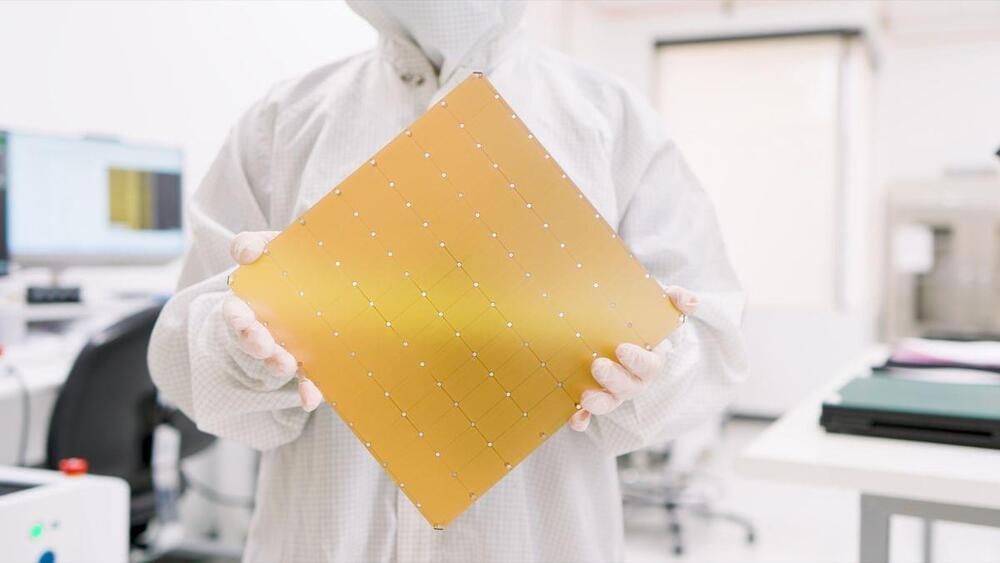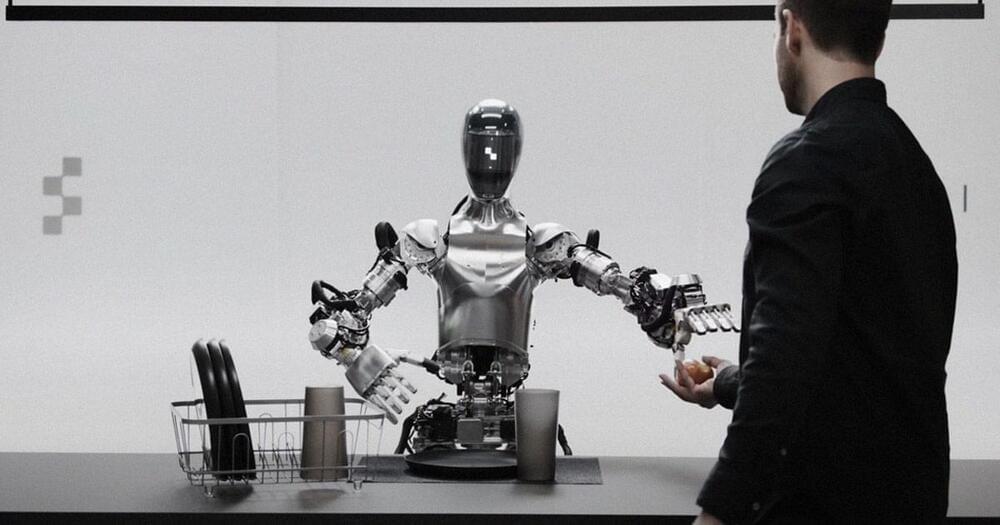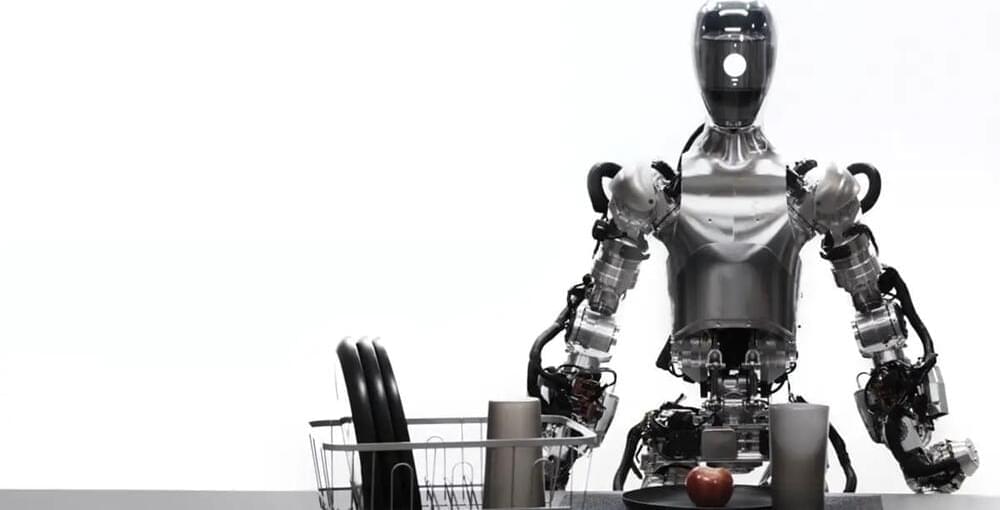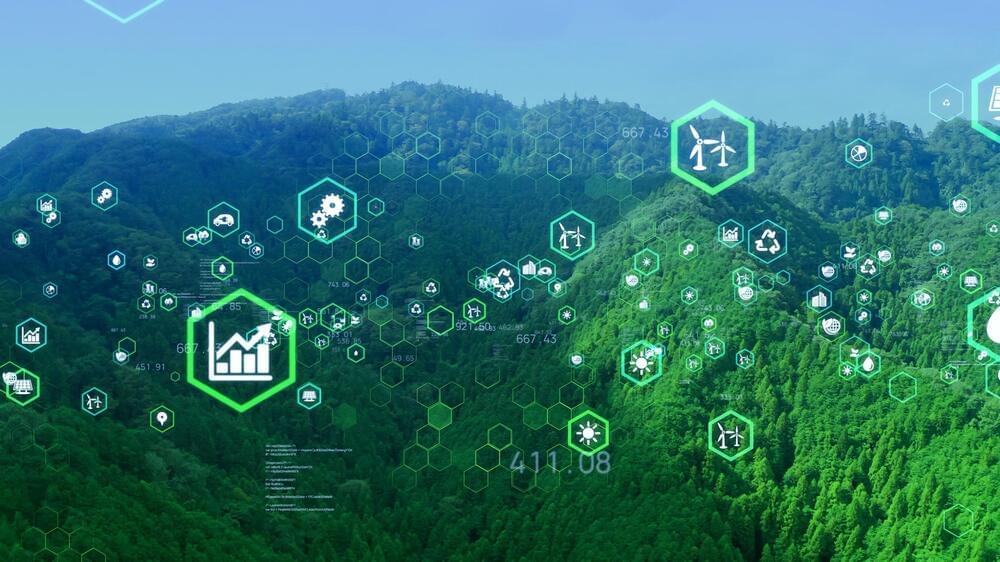Mar 14, 2024
World’s first AI software engineer Devin announced, it can write, code, create using single prompt
Posted by Shubham Ghosh Roy in categories: employment, robotics/AI
There is a new AI tool so smart that it can write code, create websites, and software with just a single prompt. Devin, created by the tech company Cognition, is the first AI software engineer. It can do pretty much everything you ask it to do. And the AI tool does not come with the intention to replace human engineers, it is designed to work hand-in-hand with them. The makers say that the AI tool has not been launched to replace human engineers but to make their lives easier.
“Today we’re excited to introduce Devin, the first AI software engineer. Devin is the new state-of-the-art on the SWE-Bench coding benchmark, has successfully passed practical engineering interviews from leading AI companies, and has even completed real jobs on Upwork. Devin is an autonomous agent that solves engineering tasks through the use of its own shell, code editor, and web browser,” Cognition posted on Twitter aka X.
















